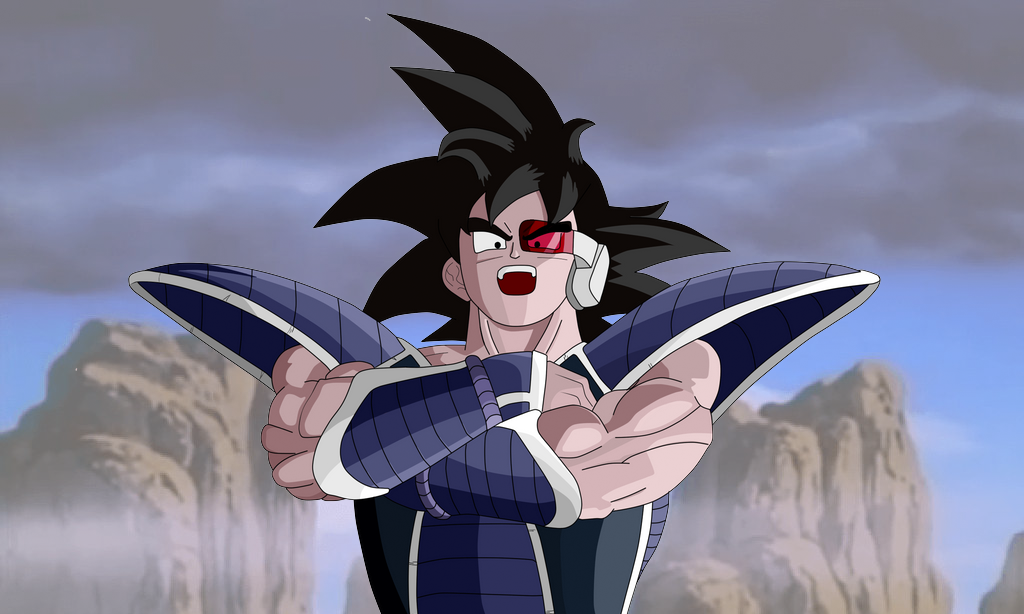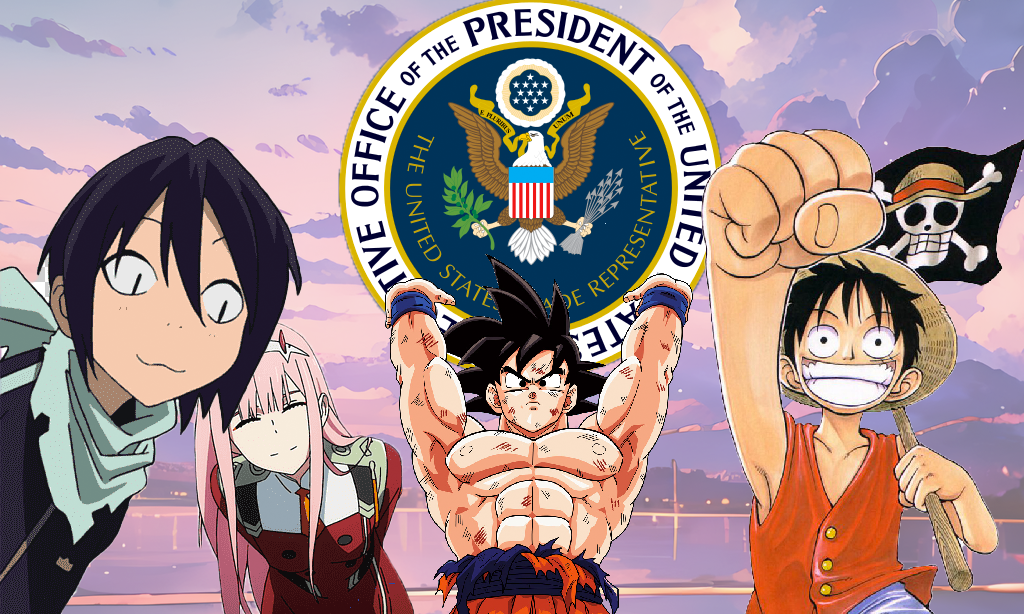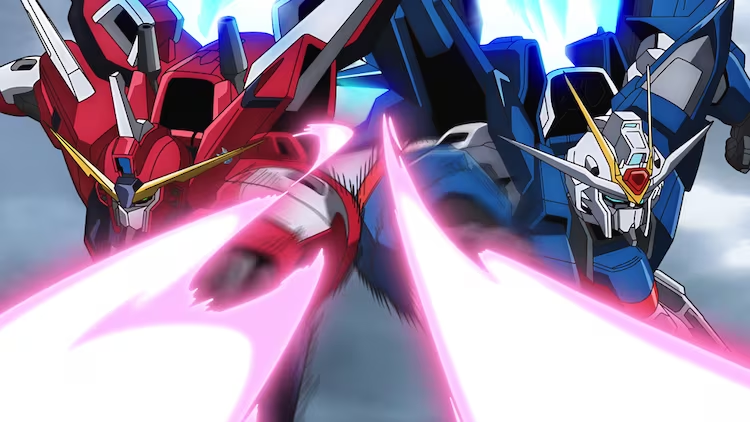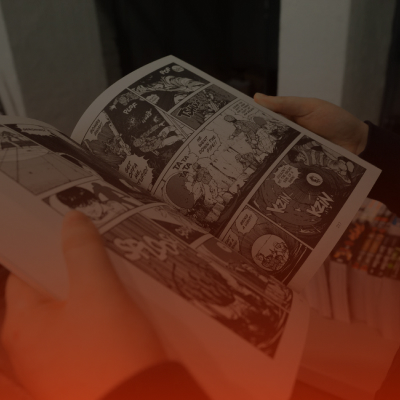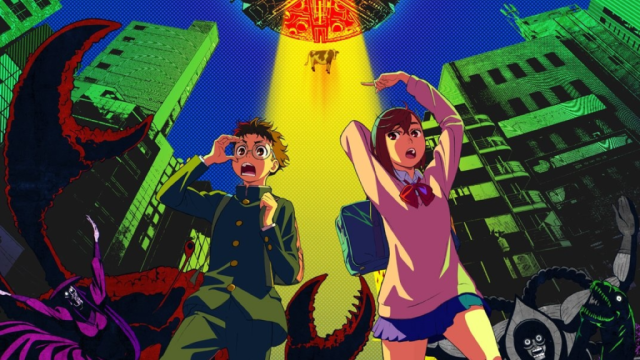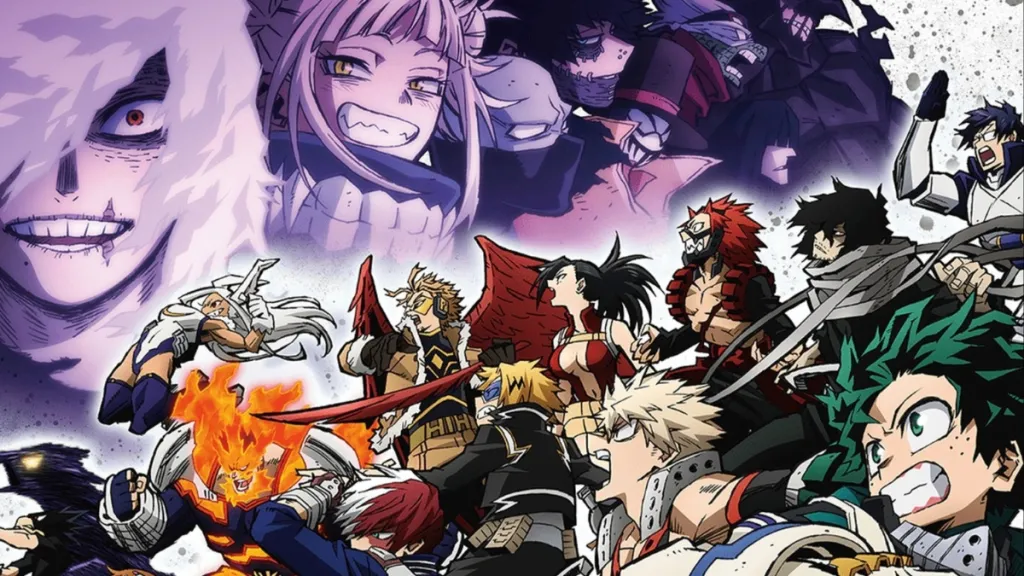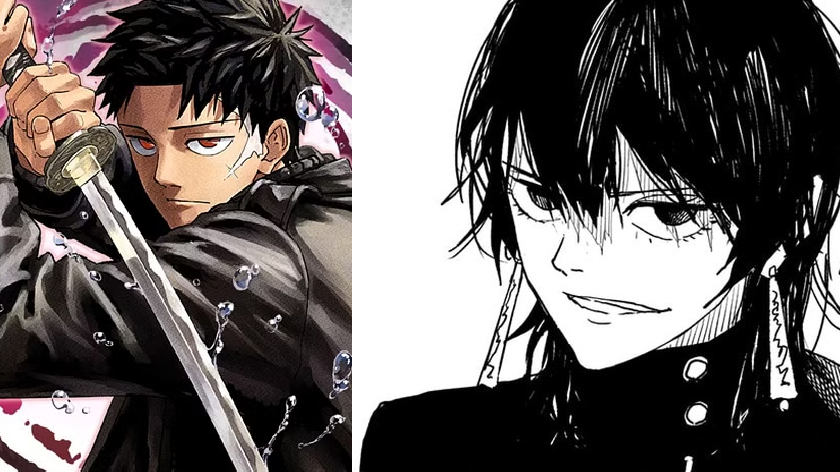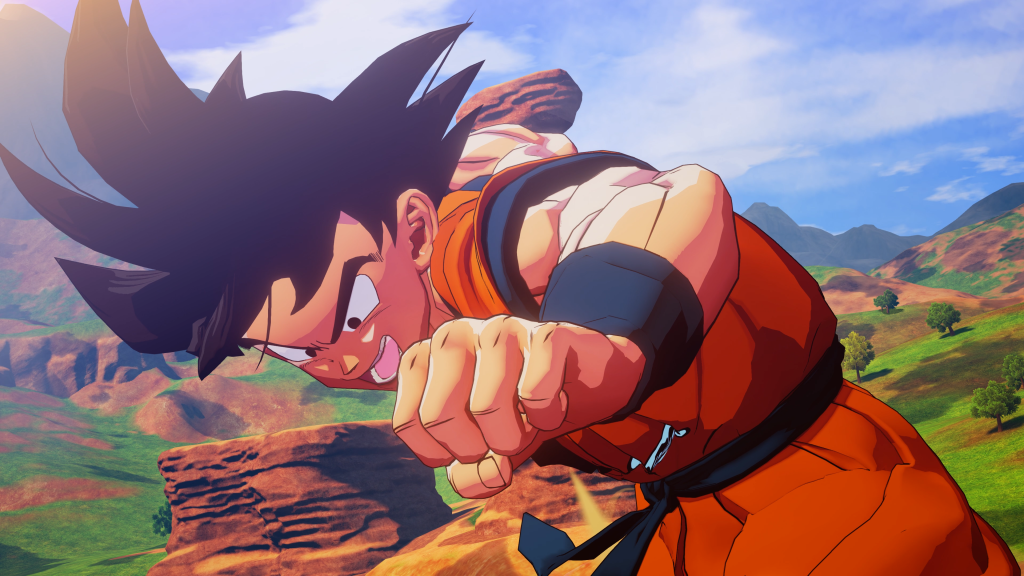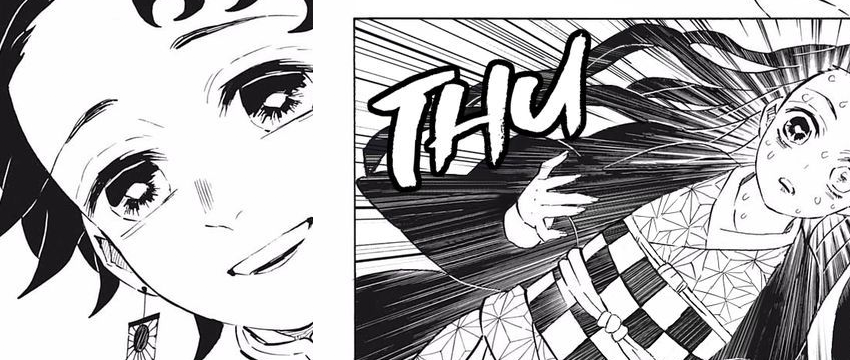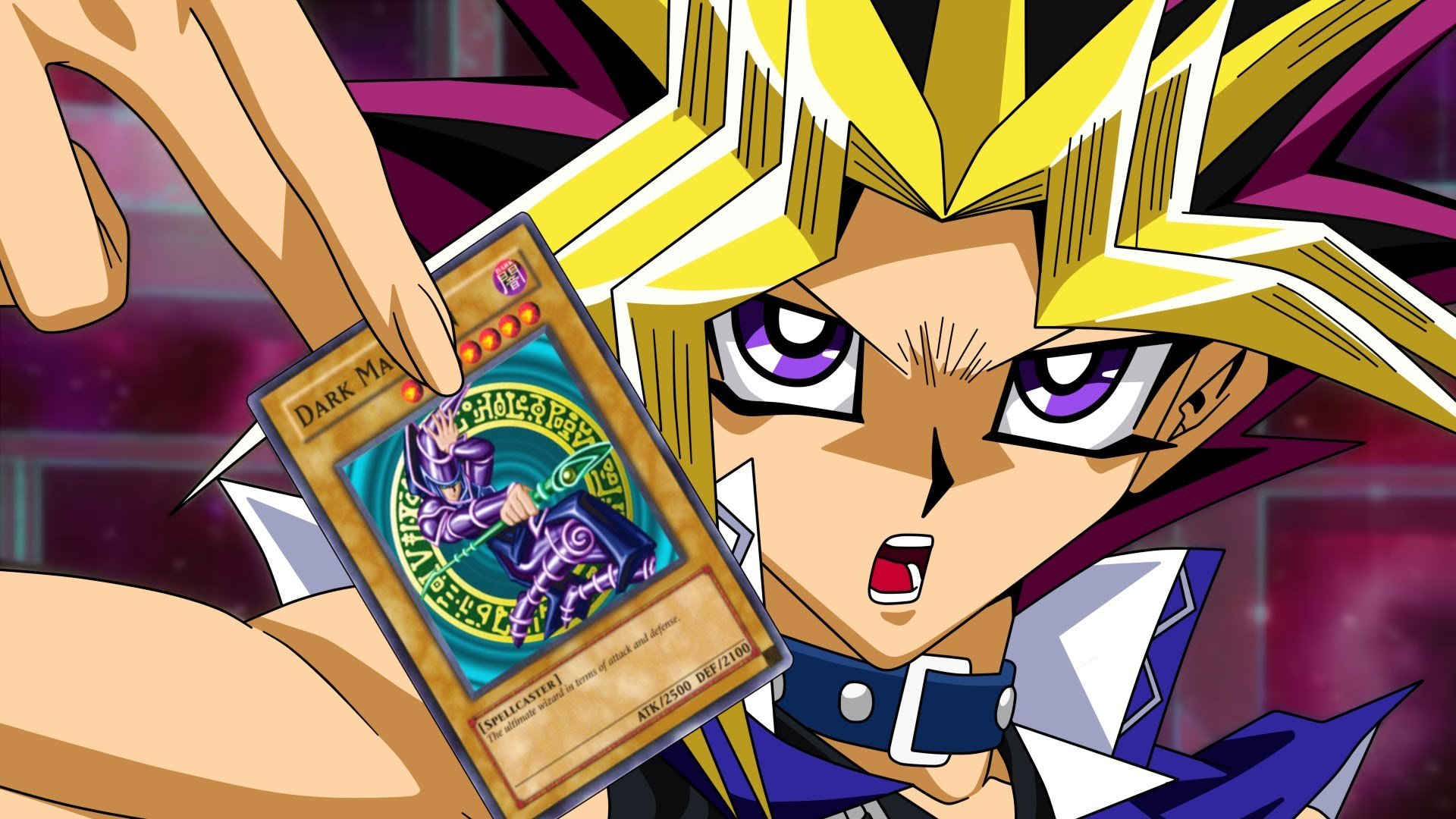ANIME· 6 MIN READ
Review - Seven Deadly Sins: Imperial Wrath of The Gods
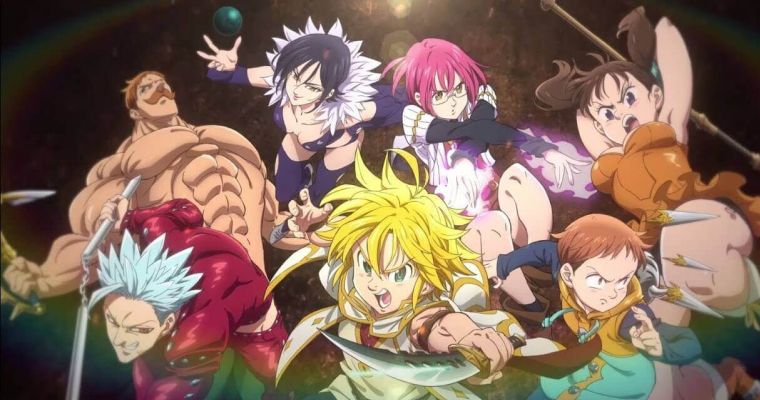
Synopsis: Seven Deadly Sins: Imperial Wrath of The Gods Meliodas’s resurrection and the defeat or retirement of several of the Ten Commandments have resulted in a stalemate between Liones and the territories controlled by the Ten Commandments. While King and Diane get swept into the past to learn some of the truths behind the Holy War, Gowther deals with his own trip down memory lane and Merlin searches fervently for Arthur in demon-controlled Camelot, to Escanor’s dismay. But Meliodas’s hand is forced when Elizabeth’s awakening to the memories of her former lives reveals the truth of her and Meliodas’s divine curses and sets her clock ticking once again. With Meliodas being forced into a bad decision and archangels from the goddess race also starting to reappear, the resumption of the Holy War after a 3,000 year lull is now at hand. Review: After a four and a half month delay, the fourth installment – and third full series – on the animated side of The Seven Deadly Sins franchise has finally been released from Netflix jail. It will not be the last; another season, Anger’s Judgment, is now due in January 2021. That’s good, because while the previous two full series had more definitive stopping points, this one just ends, with several major plot threads still in play. The major concern, then, is how entertaining these 24 episodes are in getting to that point.
On that front, the second half of the series is decidedly stronger than the first, even though the first has plenty of important set-up. The first half devotes several episodes to King/Harlequin and Diane and their journey into the past. Though the way they care for each other is plainer than ever, the return of Diane’s memories solidifies their relationship, while the journey back to the Holy War reveals a lot (but not all!) of the circumstances which led to the end of the Holy War. That visit spells out Gowther’s origin, provides big hints about Elizabeth’s true nature, and shows that the demons were not the only ones committing atrocities. They also properly introduce three of the archangels of the goddess race, who will play substantial roles in present-time events in the second half, and reveal why the fairy Gerheade looks the way she does in modern times. However, spending most of six episodes dealing with this set-up causes the story to lag.
The lull in major action continues with an episode about Gowther which bridges from 3,000 years ago to the situation a few decades before present time. It shows how he gets involved with the sister of the current king when he was much younger (which I don’t believe had been revealed before in the animated content) and how he comes to be emotionless again, hence filling in big pieces about his backstory. The two episodes which follow spell out the full truth of the timeless relationship between Meliodas and Elizabeth, which both make much greater emotional impact (almost on the level of Ban and Elaine’s backstory) and serve as a plot driver for much of the rest of the series. Since this revelation explains many occurrences throughout the franchise up to this point and re-contextualizes scenes from as far back as episode 1 of the first series, they are two of the most pivotal episodes of the whole franchise.
After that point, the action gradually starts to ramp up. Battles become more frequent and lavish in detail, power releases are on an even greater scale, and some characters who were largely noncombatants in the earlier content are not anymore. There are some big twists here – including who Liones’s new Grandmaster is and who else falls for Elizabeth to a creepily obsessive degree – and not everyone gets in on the action (Jericho is notably absent, unless I overlooked her), but plenty enough action plays out to restore the thrill factor that had been wasting away through much of the first half. It also reveals the probable origin of Escanor’s power, though not why he has it, and the truth about Excalibur. The one downside is how Arthur is handled, though Cath shows some new capability. In general, whereas the first half mostly plods along, the back half sizzles.
That also applies to the artwork. The series became notorious in some circles for its animation fails during its run, and the peak of its problems come late in the first half. Animation – especially in action scenes – seems more limited and quality control in staying on-model is much shakier. Thankfully the series recovers from that to deliver some much crisper and more dynamic action scenes later on, but it is still a noticeable lapse. The visual standards set by earlier installments are otherwise maintained, though a couple of new, powerful demons who pop up in these episodes are not as impressive as some previous creations; a younger version of Merlin is rather cute, though she reminds me a lot of Rukia from Bleach. Scenes in the middle are also the first time that I can remember where all of the Sins are armored up (or what passes for armor in Merlin’s case) for battle.
Music has always been a strong point for the series, and with Hiroyuki Sawano and Takafumi Wada back from earlier installments, this series is no different. It still manages to impart its signature jaunty medieval flavor through lower-key scenes and provide suitably dramatic sounds for more epic moments. Two different sets of openers and closers are used, with the change-over happening at episode 13. All are decent but none are especially memorable.
All of the English dub cast from previous installments return, so if you liked the English dub previously, you should still like it now. The handful of new roles are also chosen well and blend in seamlessly with the rest of the cast. If I have a complaint here, it’s that Bryce Papenbrook is not fully effective in dropping his pitch for voicing Zeldris and the darker side of Meliodas. On the plus side, Cristina Vee still shines as Hawk and Erika Harlacher is fully convincing as a stronger and more determined Elizabeth.
Despite its slower first half, Imperial Wrath of the Gods is still an entertaining watch overall, one that is as effective as ever at hitting its emotional points (i.e., some attempts succeed much more strongly than others) and substantially advances both the backstory and the current storyline. It may play fast and loose with its three-day time limit at one point, but it keeps a large cast involved and has enough stuff going on that such faults can be easily overlooked.
More Anime News from Otaku101
- Dragon Ball Super Artist Toyotarou Champions Forgotten Saiyan for Future Adaptation
- Anime Piracy Site Aniwatch Lands on US Government's 2023 Blacklist
- Mobile Suit Gundam SEED FREEDOM Unveils First 6 Minutes & Z'Gok Sneak Peek!
- Spy x Family: An In-Depth Exploration of Espionage, Comedy, and Family Dynamics

